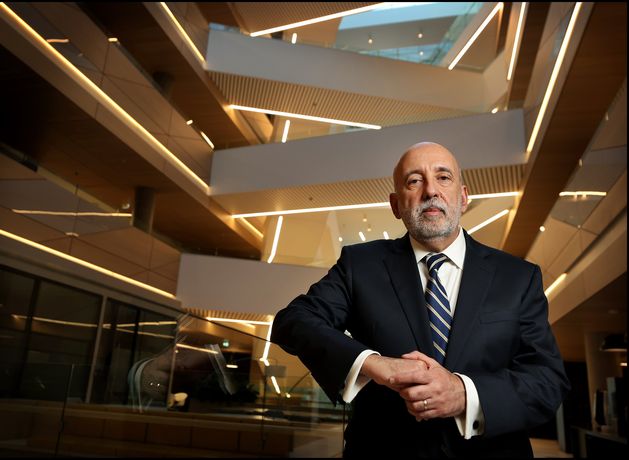It comes after a damning report earlier this year that found “fundamental procedural flaws” in the Central Bank’s approach to the area which it said “fell below the standard of constitutional fairness”.
The new unit will be in place from January.
The new structure was recommended in an independent report prepared by one of Europe’s most senior central bankers, Andrea Enria, commissioned after the existing fitness and probity approval process was slammed in a highly critical report by the Irish Financial Services Appeals Tribunal (IFSAT), a Government-appointed body chaired by former Supreme Court judge John MacMenamin.
IFSAT can hear and determine appeals against decisions taken by the Central Bank.
In February, IFSAT had found in favour of a man who had appealed after his application for Central Bank approval to take on a senior role was rejected. The findings, which were first reported by the Irish Independent, went beyond the specific case to comment extensively on the process itself.
It noted that the stakes for the individual whose application had been rejected were extremely high, amounting in reality to his “right to earn a living”. In its written judgment IFSAT described “fundamental procedural flaws” and asserting that the original process “fell below the standard of constitutional fairness”.
The Central Bank then commissioned the Enria report, which was published in July.
Governor of the Central Bank of Ireland, Gabriel Makhlouf, said the report identified several key areas for improvement.
“We accepted the findings of the report and have used them as a basis for implementing reforms to enhance the regime’s overall effectiveness. We also committed to implementing the reforms as early as possible and before end 2024.”
Ironically, the new dedicated Fitness & Probity unit is being created at the same time other dedicated teams, including consumer protection, are being broken up with former staff to be integrated into supervisory areas across the bank, but it does mean it will be in place at the same time other structural changes are being made in how the regulator operates.
The new team will not require additional staff.
“Our strategic plan committed to transforming our approach to regulation and supervision – this process is ongoing and our new operating structure, including the dedicated fitness and probity team, will be in place from the start of the new year,” Mr Makhlouf said.
The core function of the fitness and probity regime is to ensure people in senior and key roles at regulated entities such as banks, financial funds or insurance companies are competent and capable, honest and financially sound.
The regime was introduced after the financial crisis, when many directors and executives were seen to have failed to operate at a level needed to protect either their own firms or the wider economy.

